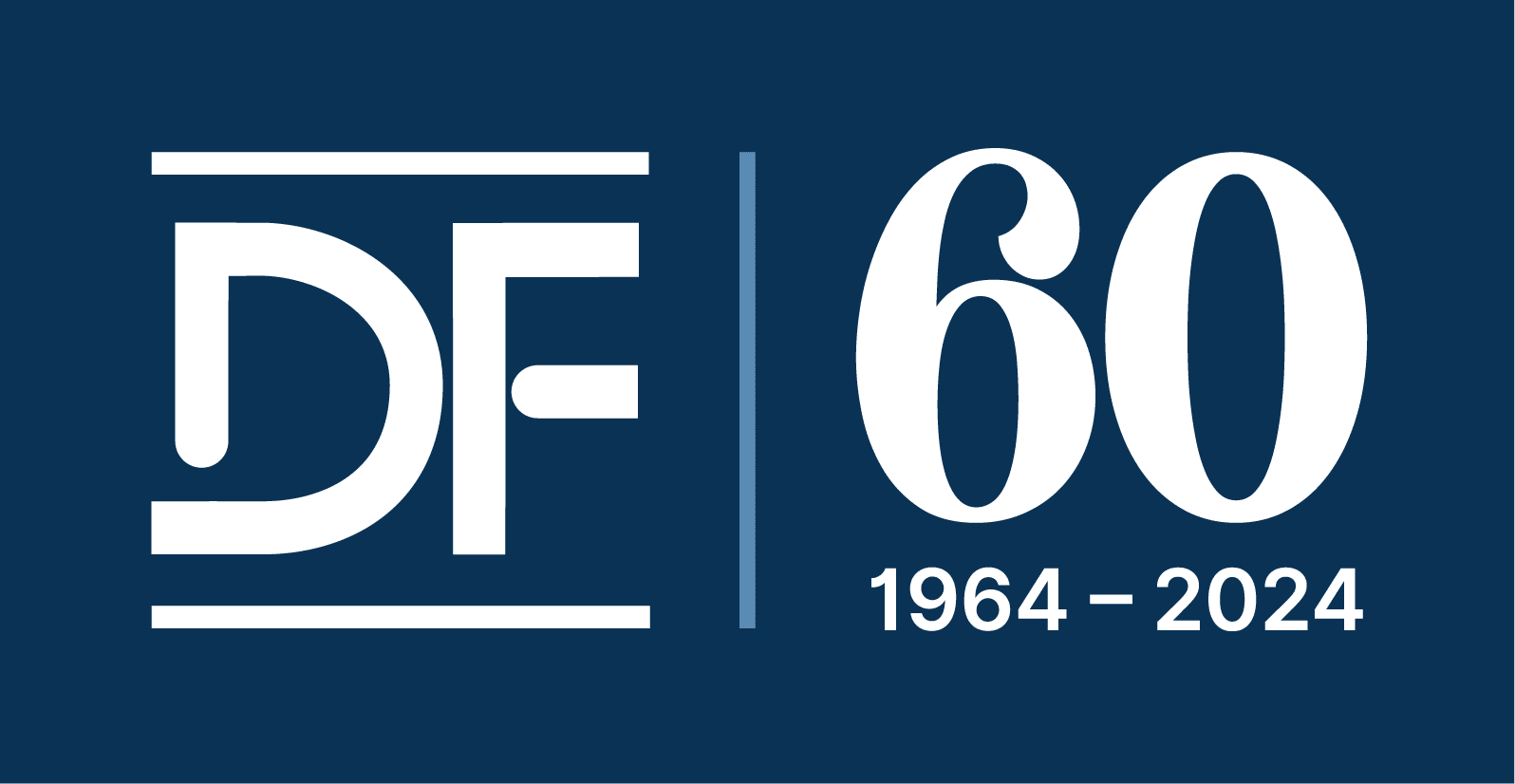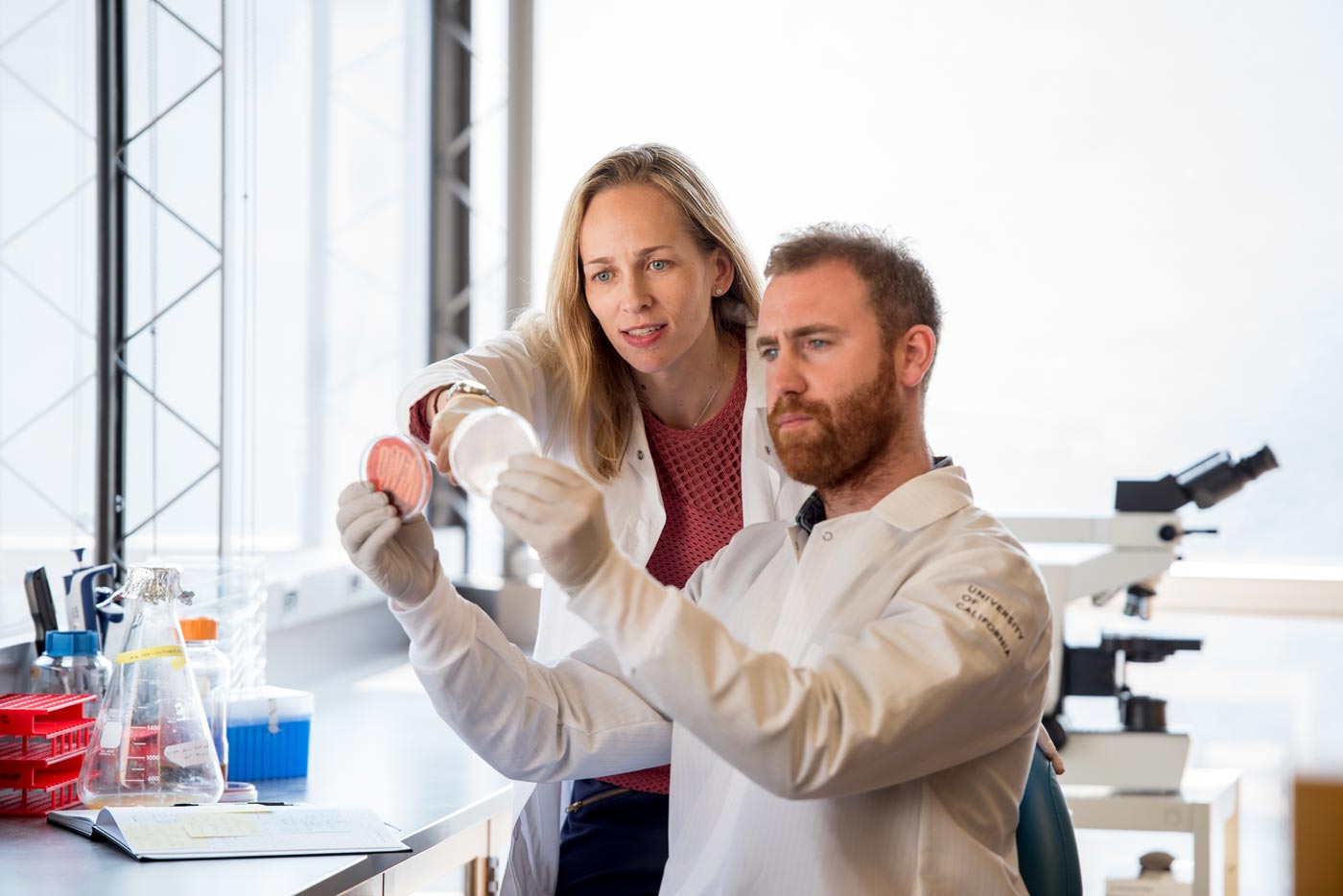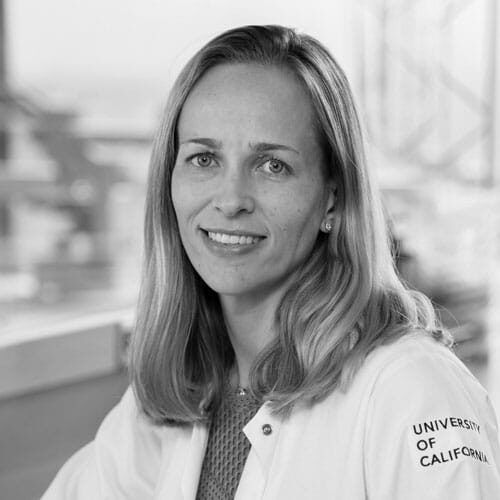
Dr. Scharschmidt has received multiple DF research awards including a Research Fellowship in 2012 for “Commensal Skin Bacteria – Our First Line of Defense”; a three-year Career Development Award in 2013 For “Identifying Key Genetic Determinants of Staphylococcus Aureus Skin Colonization” and the inaugural Sun Pharma Research Award in 2021 for a three-year study in “Contributions of Early Life Bacterial-barrier-immune Interactions in the Path to Atopy.”
The Dermatology Foundation recently talked with her about getting support after discovering her true calling mid-career and the role the DF played in her unique path in dermatology.
Enabling late on-ramps to the physician-scientist path
DF: It’s wonderful to meet you, Dr. Scharschmidt. Can you start by telling us a bit about how the Dermatology Foundation has supported your career?
Dr. Scharschmidt: I was someone who came late to the physician-scientist path. Early exposures to the lab through my physician-scientist father piqued my interest in research, but I was pretty far into my medical school career when I decided that I too wanted to be in the lab, as well as in the clinic. I was lucky to get into a program that was supportive of me doing that at UCSF.
I was able to get both a Dermatology Investigator Research Fellowship for my first year in the lab, and then subsequently, one of the physician-scientist career development awards. I was tremendously grateful to the Dermatology Foundation for that protected time to be in the lab after clinical training so that I could develop that skill set.
Having a more extended period in a postdoc to develop those skills was crucial because I hadn’t done a full PhD. The Dermatology Foundation’s financial support helped me to prolong that time.
DF: I am so happy to hear that.
Dr. Scharschmidt: The early mid-career period can be challenging. Some of those early career opportunities go away, and you find yourself trying to fund yourself mostly from an NIH perspective, which can be great but also difficult.
So, it was extraordinary to have the opportunities that the Dermatology Foundation creates with its mid-career awards.
DF: How does the Dermatology Foundation handle funding differently than other organizations?
Dr. Scharschmidt: I think what the DF has emphasized in a really good way, is funding individuals who demonstrate the potential to contribute meaningfully to the research mission of our specialty, without focusing overly on the specific domain of their research. Because their paths and research questions will evolve. And if you make things too rigid, especially at an early career point, that creates inflexibilities that are not to the benefit of them or the specialty. For example, I switched labs between the first and second year of my DF CDA and the foundation still let me renew my award upon review of my updated research proposal.
DF: What roles does the DF play now in your career and with your residents?
Dr. Scharschmidt: Being among the leadership team at UCSF, I can say that the ability of our residents, who are becoming young faculty and trying to maintain research as a core component of their careers, to apply for these DF awards is critical to their path.
And, you know, we wouldn’t have the resources as a department to provide that without this partnership with the Dermatology Foundation.

DF: I’d love to hear what you think is the most significant impact the Dermatology Foundation has made in the last 60 years.
Dr. Scharschmidt: There’s a lot of financial pressure right now to steer away from reinvesting in science in terms of how we have to get through our clinical days and partner with medical centers to take care of patients. So it’s really important to have these mechanisms that can place some investment back in the research.
And it’s so important to create and support those individuals who will then mentor the next generation and continue to model a physician-scientist in our specialty.
DF: That leads perfectly to our next question—what impact would you like to see the Dermatology Foundation have in the next 60 years?
Dr. Scharschmidt: I think there have been conscious efforts in terms of the types of fellowships that can be added to Career Development Awards to help sponsor medical students who identify as coming from underrepresented groups. Research in health equity and continuing to broaden who we fund will help to diversify our pipeline of physician-scientists.
I think that’s something our specialty is trying to do broadly, but it can be challenging. There can be more barriers financially for individuals trying to enter a research career, and anything we can do to counteract that is so important. I’ve already seen that start to happen, and I would love to see that continue.
DF: Where do you hope to see dermatology advanced in the next 60 years?
Dr. Scharschmidt (laughing): That’s a big question! We’ve seen such great advances coming from science and our specialty. It has led to some very intensive resources, requiring types of treatments that are not accessible to all our patients. So continuing to think about how we advance our specialty and the treatment of conditions while also thinking about ways we can make sure we develop treatments that are accessible to all.
To change the way our healthcare is delivered would be a stretch goal for us, and would need to have many, many groups involved, not only the Dermatology Foundation or its investigators.
But it’s something that I think would be great to see happen.
DF: Yes to that! Do you have any personal goals? Where would you like to advance?
Dr. Scharschmidt: A goal for myself as I move deeper into my career is learning from my experiences to enable the careers of others. This has been a definite shift for me and something that I see in the leadership of the Dermatology Foundation as well.
DF: Thank you so much, Dr. Scharschmidt.
Tiffany C. Scharschmidt, MD has received numerous DF research awards. In 2012 she received the Dermatologist Investigator Research Fellowship for her research, ‘Commensal Skin Bacteria – Our First Line of Defense.’ From 2013-2015, Dr. Scharschmidt received the Physician Scientist Career Development Award for her research, ‘Identifying Key Genetic Determinants of Staphylococcus Aureus Skin Colonization’ and ‘Exploring the Role of Commensal Skin Bacteria in Establishing and Maintaining Peripheral Tolerance.’ Additionally, in from 2021-2023, Dr. Scharschmidt received the Sun Pharma Research Award for her work titled, ‘Contributions of Early Life Bacterial-barrier-immune Interactions in the Path to Atopy.’


